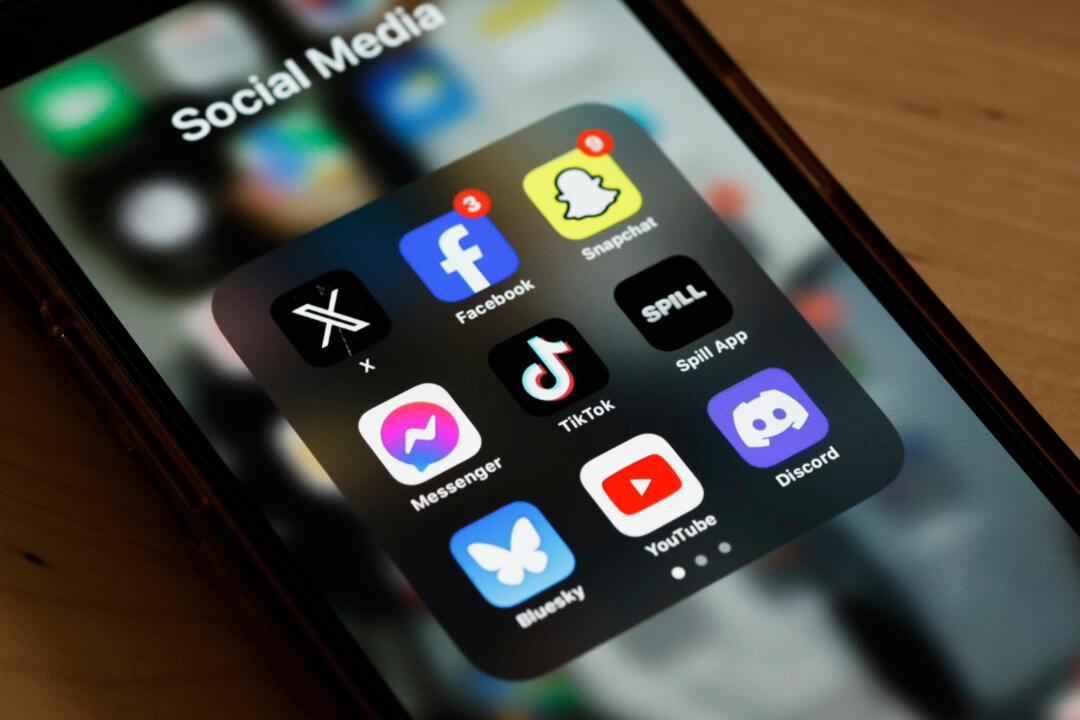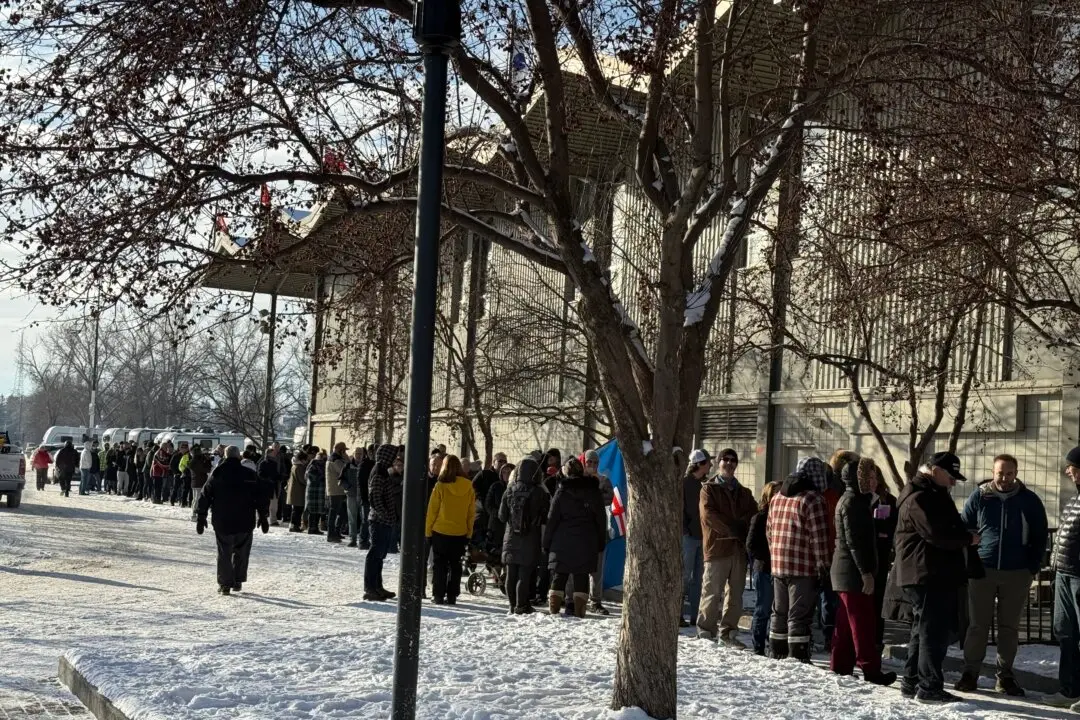Commentary
Conservative Leader Pierre Poilievre has never had a comfortable relationship with mass media. While the video of Poilievre last October dismissively munching an apple while Don Urquhart from the Times Chronicle futilely tried to ask him questions went viral around the world and was applauded by conservatives tired of biased media outlets, it infuriated media members.





